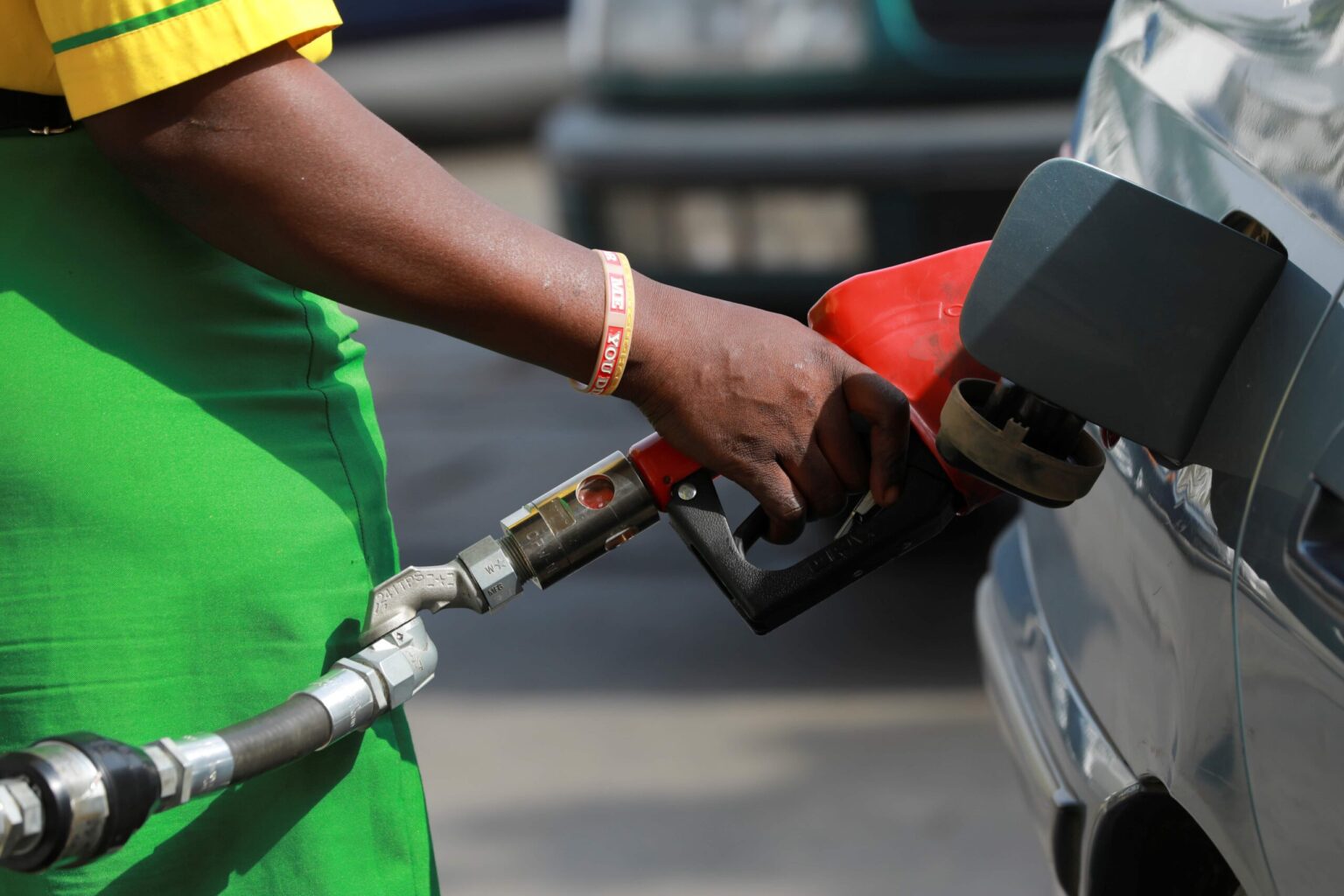Global Courant
You were born in the 1970s, in the aftermath of the global oil crisis that shook the world. You were a response to rising crude oil prices, a way to protect Nigerians from the harsh realities of the international market. You were a gesture of goodwill from the government to the people, a promise that they would not suffer from the volatility of oil revenues.
You grew up with Nigeria, through its highs and lows, its peaks and valleys, its coups and democracies. You became part of Nigeria’s identity, a source of pride and patriotism to many who saw you as a sign of sovereignty and independence. You also became part of Nigeria’s economy, an important item in the budget and a driver of consumption and growth.
But you also had your flaws, your dark side, your hidden costs. You drained Nigeria’s resources and consumed billions of dollars every year that could have been invested in other sectors. You were a magnet for corruption and inefficiency, which took advantage of a few powerful elites who manipulated you for their own gain. You were a disruption to the Nigerian market, discouraging investment in local refining capacity and encouraging smuggling and hoarding.
Now you’re gone. Nigeria’s new president, Bola Tinubu, has said so announced your elimination in his inaugural address on Monday, May 30, 2023, in which he said that you can no longer justify your ever-increasing costs after resources are drying up. According to his speech, he wants to reallocate the money to better investments in public infrastructure, education, healthcare and jobs that will substantially improve the lives of millions.
But are Nigerians ready for your departure? No. They are afraid of the drastic consequences that a sharp rise in gasoline prices will have on the economy and their lives. They have rushed to stock up on fuel before it gets too expensive long rows at filling stations and increases in transport rates. They have protested the decision in the past and attempts to end you. They resisted fiercely until you were reinstated. They have appealed to the government to reconsider its decision or to provide palliatives to mitigate its impact on the poor and vulnerable.
They are not ready because they have no alternatives. They depend on gasoline for their daily lives, transportation, energy generation and businesses. They do not have access to reliable public transport systems, power grids or renewable energy sources. They do not have enough income or savings to meet the rising cost of living. They also do not trust the government enough to keep its promises.
You are gone, but you will not be forgotten. You have left a mark on the history, politics and economy of Nigeria. You have shaped the lives of generations of Nigerians, for better or for worse. You have been a source of controversy and debate, of joy and sorrow, of hope and despair.
What a future without you holds for the average Nigerian is still unknown. But for now, the best we can do is hold on to the hope that there is light (or at least fuel) at the end of the tunnel. Until then, goodbye, fuel subsidy.




